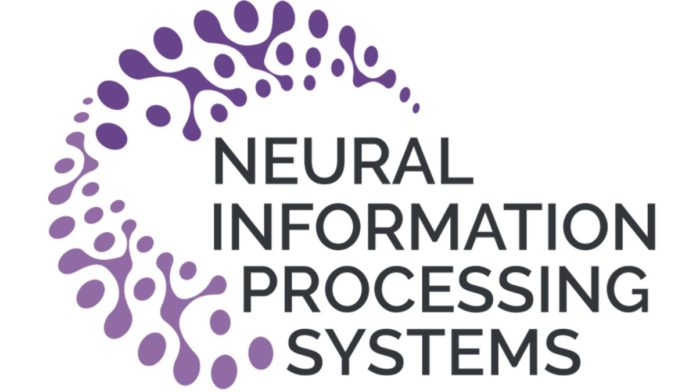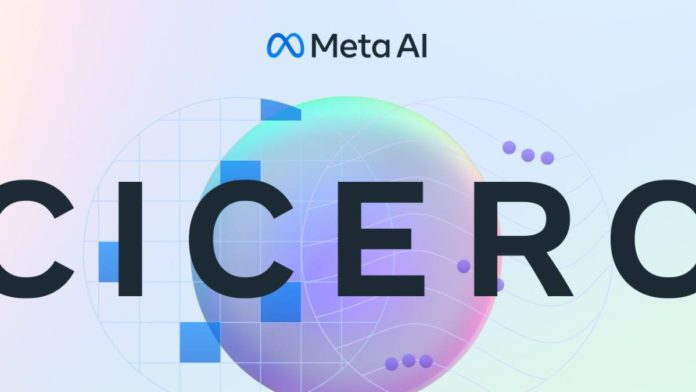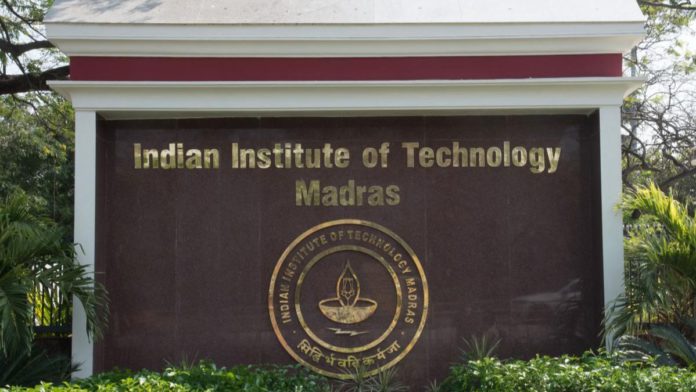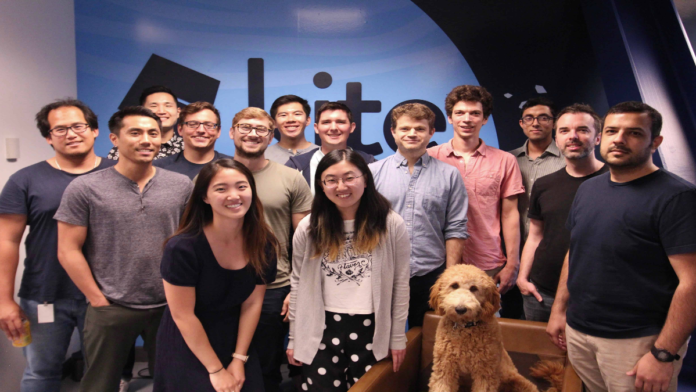The Conference on Neural Information Processing Systems has announced the award-winning papers for NeurIPS 2022. This year “ImageNet Classification with Deep Convolutional Neural Networks” by Ilya Sutskever, Alex Krizhevsky, and Geoffrey Hinton, aka “AlexNet paper,” was unanimously selected by the Program Chairs for the Test of Time Award.
In 2012, it was presented as the first CNN trained on the ImageNet Challenge, far surpassing the state-of-the-art at the time, and since then, it has made a huge impact on the machine learning community, according to the blog.
The three categories of awards for NeurIPS 2022 are Outstanding Main Track Papers, Outstanding Datasets and Benchmark Track papers, and the Test of Time paper.
Read More: RIL-Backed Addverb To Open Its 2nd Manufacturing Plant In India
According to the blog, winning papers in the category of Outstanding Main Track Papers include Is Out-of-distribution Detection Learnable?; Photorealistic Text-to-Image Diffusion Models with Deep Language Understanding; Elucidating the Design Space of Diffusion-Based Generative Models; ProcTHOR: Large-Scale Embodied AI Using Procedural Generation, and several more.
Winning papers in the category of Outstanding Datasets and Benchmark Track papers include LAION-5B: An open large-scale dataset for training next-generation image-text models and MineDojo: Building Open-Ended Embodied Agents with Internet-Scale Knowledge.











